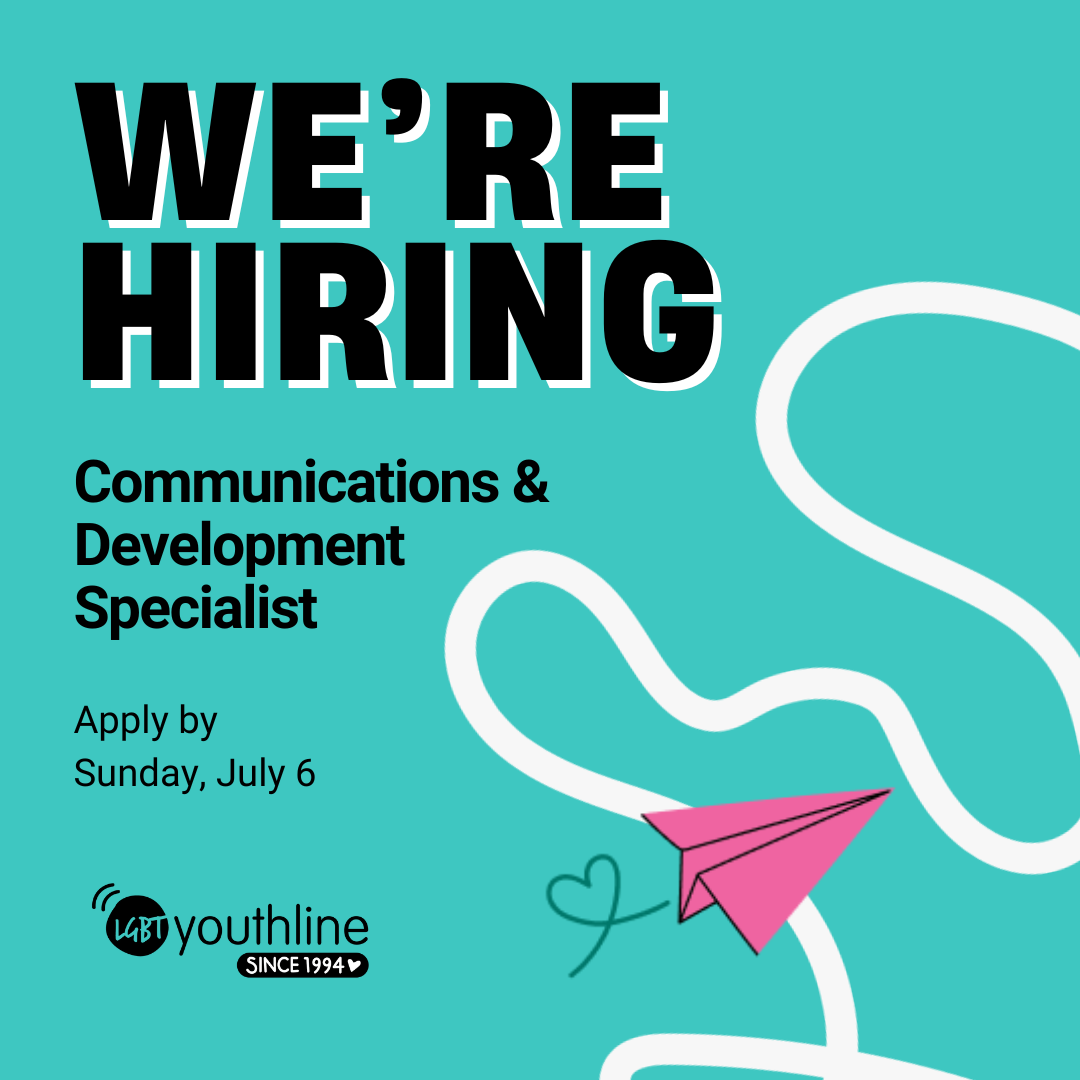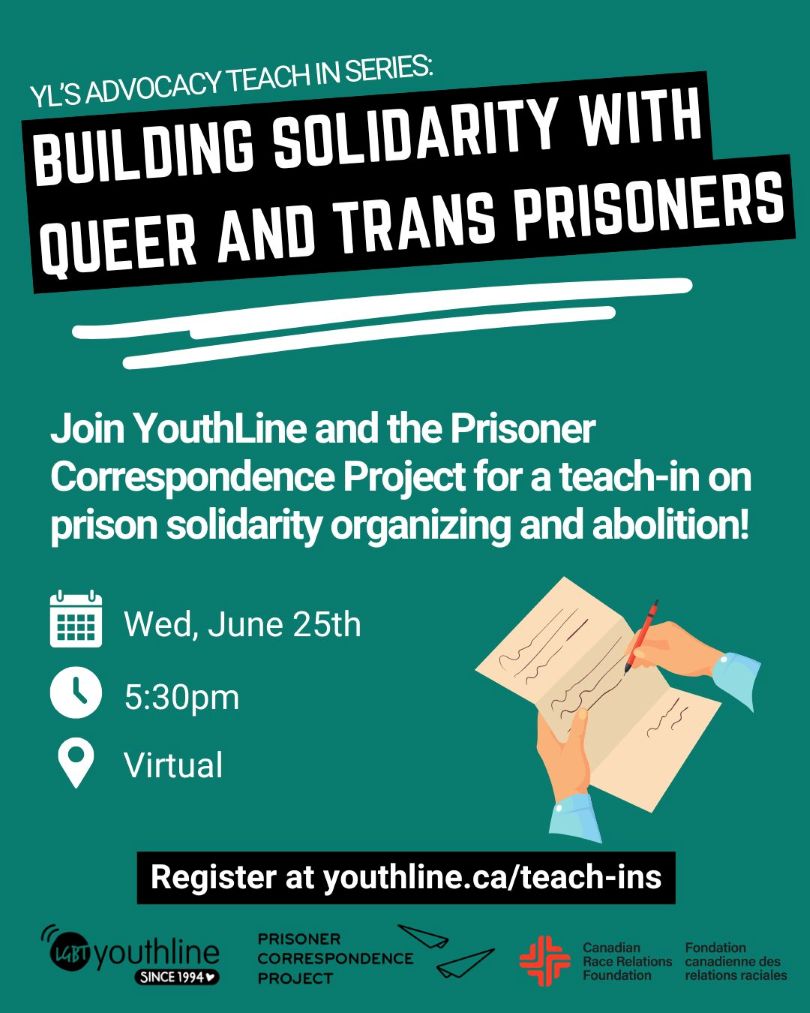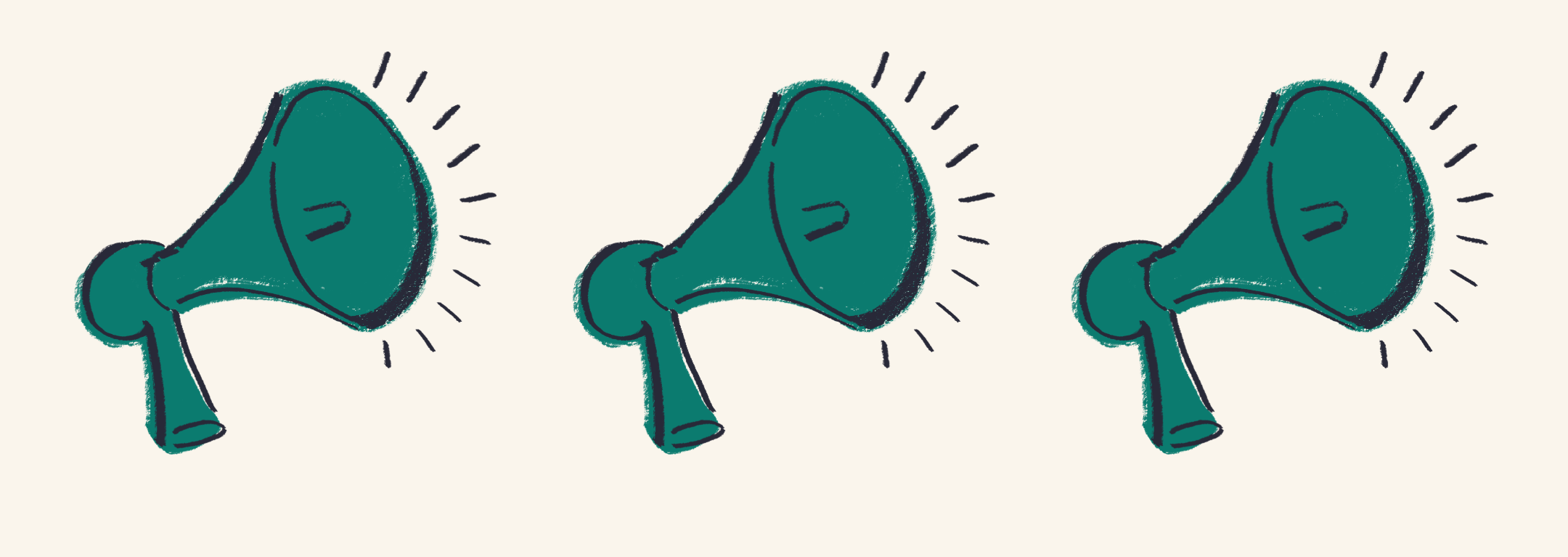Two-Spirit, Indigiqueer, and Indigenous LGBTQ+ youth deserve care, resources, and programming not only in June, but all year round.
In honour of Indigenous History Month, we have compiled a list of groups doing affirming, transformative work in support of 2SLGBTQ+ Indigenous young people across Ontario. Read below to learn more about the meaningful changes these folks are making, the communities that they are building, and how to donate & contribute to their growth.
If you are looking for ways to give, we encourage you to support these impactful organizations!
Indian Residential School Survivors Society
The Indian Residential School Survivor Society (IRSSS) is a B.C-based organization with a twenty-year history of providing services to survivors of residential schools. IRSSS provides essential services to Residential School Survivors, their families, and those dealing with Intergenerational traumas. One of their goals is to continually expand their support to partner organizations and maximize access to culturally sensitive, emotional, mental, physical, and spiritual care.
Support IRSSS by donating here
Native Youth Sexual Health Network
The Native Youth Sexual Health Network (NYSHN) is an organization by and for Indigenous youth that works across issues of sexual and reproductive health, rights and justice throughout the United States and Canada.
O:se Kenhionhata:tie Land Back Camp
For hundreds of years First Chonnonton, Anishinaabe, Haudenosaunee, and Huron nations gathered in what is now Victoria Park, Kitchener to meet under great peace and diplomacy to talk, trade, hunt, and feast together. Today, the city charges them large amounts of money to gather in their traditional places.
Niizh Manidook Hide Tanning Camp
Niizh Manidook Hide Camp (NMHC) is a Two Spirit hide tanning collective creating safer space for Two Spirit/2SLGBTQQIAA+ (two spirit, lesbian, gay, bisexual, trans, queer, questioning, intersex, asexual, androgynous+) youth and Two Spirit community members. Based in the Southern Georgian Bay, NMHC aims to restore and preserve the art of traditional hide tanning in the shared Lake Huron, Erie, and Ontario watershed territories.
Donations to NMHC are welcome in the form of e-transfer, cash, or cheque. Email them at niizhmanidookhidetanningcamp@gmail.com to discuss donation details.
Toronto Indigenous Harm Reduction
Toronto Indigenous Harm Reduction (TIHR) is a response to the epidemic of ongoing colonization and lack of services for the urban Indigenous population. TIHR emerged during the first wave of the COVID-19 pandemic in response to a massive shutdown of frontline services and a lack of basic needs for Indigenous houseless folks in the city of Toronto. They aim to reduce harm around stigmatized experiences such as substance use, displacement, and other survival strategies resulting from racism and colonization.
The Art for Aid Project (through I Love First Peoples)
The Art for Aid Project is a Metis-owned organization that supports Indigenous art education programs, providing access to supplies, and working to connect Indigenous youth to art and a greater knowledge of their culture. The Art For Aid Project works to support Canadian First Nations, Inuit and Metis art and cultural education programs through access to quality art and program supplies in remote areas, awareness, and fundraising efforts.
Assembly of Seven Generations
Assembly of Seven Generations (A7G) is an Indigenous owned and youth-led, non-profit organization focused on cultural support and empowerment programs/policies for Indigenous youth while being led by traditional knowledge and Elder guidance.
Inuit Tapiriit Kanatami
Inuit Tapiriit Kanatami (ITK) is an Ottawa-based non-profit representing 60,000 Inuit, working to advance their rights and interests and improve health and wellbeing across the four Inuit regions in Canada. ITK’s work includes research, advocacy, public outreach, and education on issues affecting Inuit.
Legacy Of Hope Foundation
Legacy of Hope Foundation (LHF) is a national Indigenous charitable organization that educates and create awareness and understanding about the Residential School System, including the intergenerational impacts such as the removal of generations of Indigenous children from their families, including the Sixties Scoop, the post-traumatic stress disorders that many First Nations, Inuit, and Metis continue to experience, all while trying to address racism, foster empathy and understanding and inspire action to improve the situation of Indigenous Peoples today. LHF supports the ongoing healing process of Residential School Survivors, and their families and seeks their input on projects that honour them.
Idle No More
Idle No More started in November 2012 among Treaty People in Manitoba, Saskatchewan, and Alberta protesting the Canadian government’s dismantling of environmental protection laws, endangering First Nations who live on the land. Born out of face-to-face organizing and popular education, but fluent in social media and new technologies, Idle No More has connected the most remote reserves to each other, to urbanized Indigenous people, and to the non-Indigenous population. Led by women, and with a call for refounded nation-to-nation relations based on mutual respect, Idle No More rapidly grew into an inclusive, continent-wide network of urban and rural Indigenous working hand in hand with non-Indigenous allies to build a movement for Indigenous rights and the protection of land, water, and sky.








